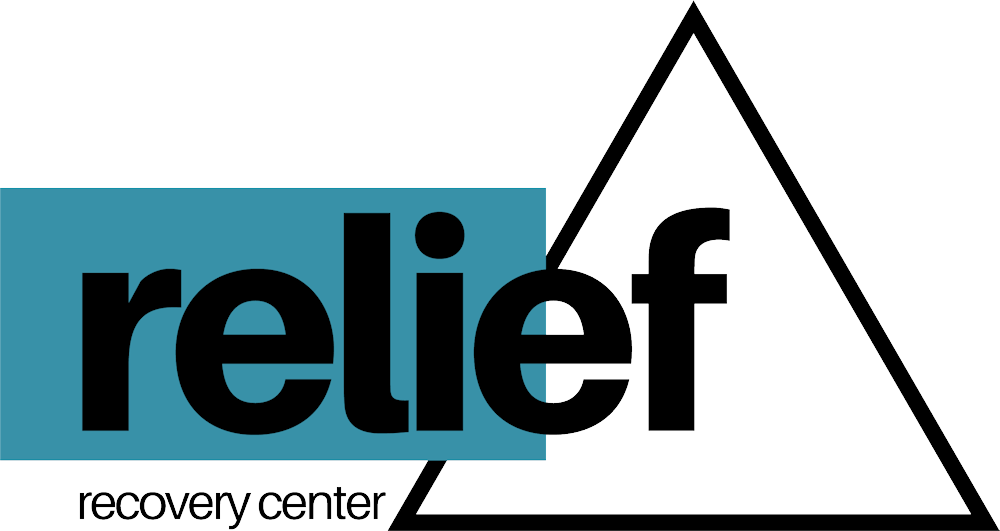Advocacy and Impact
On this International Women’s Day, we celebrate the remarkable achievements of women who are leading the charge in addiction recovery and those who came before. From fearless advocates to compassionate caregivers, these women have made a profound impact on individuals and communities affected by addiction. Throughout history, women have been instrumental in shaping the landscape of addiction recovery, advocacy, and treatment. Their contributions, from groundbreaking research to innovative treatment approaches, have had a profound impact on individuals and communities affected by addiction. This month we highlight and celebrate the remarkable works of five notable women who have left a mark on the world of addiction recovery.
- Dr. Marty Mann: Champion of Alcoholism Awareness
Dr. Marty Mann, often referred to as the “first lady of Alcoholics Anonymous,” dedicated her life to raising awareness about alcoholism as a disease and advocating for its treatment. As one of the early members of Alcoholics Anonymous, she played a pivotal role in establishing the National Council on Alcoholism and Drug Dependence (NCADD). Mann’s efforts helped pave the way for alcoholism treatment to be recognized as a vital component of healthcare. Mann’s advocacy emphasized the importance of therapy and professional support in addiction recovery. The NCADD offers resources and support for individuals and families affected by alcoholism and other substance use disorders.
- Ruth Fox: Innovator in Addiction Treatment
Ruth Fox was a trailblazer in addiction treatment and recovery, co-founding Daytop Village, one of the first residential drug treatment programs in the United States. Her holistic approach to treatment focused on creating therapeutic communities and providing peer support for individuals struggling with addiction. Fox’s pioneering work laid the foundation for modern-day addiction treatment models. Daytop Village prioritizes therapy and counseling as integral components of its treatment programs, offering individual and group therapy sessions to address the complex needs of individuals in recovery.
- Hazelton Foundation: Nurturing Recovery through Compassion
Founded by Sister Ignatia Gavin and other Sisters of Charity, the Hazelton Foundation played a crucial role in supporting individuals seeking recovery from alcoholism in the early days of Alcoholics Anonymous. Sister Ignatia, known as the “angel of Alcoholics Anonymous,” provided compassionate care and assistance to those struggling with alcoholism, demonstrating the transformative power of empathy and support in the recovery process. Hazelton Foundation offers comprehensive addiction treatment programs that incorporate evidence-based therapies and counseling services to address the underlying factors contributing to addiction.
- Dr. Nora Volkow: Trailblazer in Addiction Research
Dr. Nora Volkow, the director of the National Institute on Drug Abuse (NIDA), has been a driving force in addiction research and prevention. Her pioneering work in neurobiology has deepened our understanding of addiction and has led to the development of innovative treatment approaches. Dr. Volkow’s advocacy has helped reduce the stigma surrounding substance use disorders and has paved the way for advancements in addiction treatment and recovery. NIDA supports research on the efficacy of various therapeutic approaches in addiction treatment and recovery, emphasizing the importance of evidence-based interventions in promoting long-term sobriety.
- Betty Ford: A Voice for Recovery
Betty Ford, the former First Lady of the United States, openly shared her experiences with addiction and founded the Betty Ford Center in 1982. The center has since become a leading facility for addiction treatment and recovery, offering comprehensive programs for individuals struggling with substance use disorders. Ford’s courage and advocacy helped destigmatize addiction and inspired countless individuals to seek help and support. In 2014, the Betty Ford Center merged with the Hazelden Foundation to form the Hazelden Betty Ford Foundation. They provide evidence-based therapies and counseling services to address the underlying issues contributing to addiction, empowering individuals to achieve long-term sobriety.
- Dr. Stephanie S. Covington: Advocate for Gender-Responsive Care
Dr. Stephanie S. Covington is a leading expert in addiction treatment and trauma recovery, with a focus on gender-responsive care for women. Her pioneering programs and interventions address the unique needs of women in recovery from substance use disorders and trauma, promoting healing and empowerment. Dr. Covington’s work has been instrumental in advancing gender-responsive and trauma-informed care in addiction treatment settings. Dr. Covington’s programs emphasize the importance of therapy and counseling in addressing trauma and addiction, offering specialized treatment modalities tailored to the needs of women in recovery.
- Relief Recovery Women
Here at Relief Recovery, we want to highlight the work of our very own, Lauren Cavanaugh. Lauren is the clinical director of our partial hospitalization program (PHP). She is a dedicated leader in addiction recovery armed with a B.S. in Psychology from UMass Dartmouth and a Master’s degree in social work from Boston University. Lauren embarked on a journey to make a difference in the lives of those struggling with addiction with her background in mental health treatment and inpatient psychiatric care. She brings a wealth of knowledge and expertise to her role. Raised in Fairhaven, Massachusetts, Lauren intimately understands the challenges of navigating addiction within families. Inspired by her own experiences and fueled by a desire to help others, Lauren’s journey is a testament to the resilience and determination of women in the field of addiction recovery. Through her compassionate care and unwavering commitment to healing, she continues to empower individuals on their path to recovery, making a lasting impact on their lives and the community as a whole.
Women play a crucial role in advancing addiction recovery through their unique perspectives, empathy, and leadership. As caregivers and nurturers, women often provide a supportive and compassionate environment for individuals struggling with addiction to heal and thrive. Their ability to empathize with the experiences of others and create safe spaces for vulnerability fosters a sense of trust and connection, which are essential components of the recovery process. Women bring diverse insights and approaches to the field of addiction recovery, challenging traditional norms. They advocate for gender-responsive care that addresses the specific needs of women in recovery. Whether as clinicians, advocates, or peer supporters, women contribute invaluable expertise and dedication to the advancement of addiction recovery, empowering individuals and communities to overcome the challenges and build fulfilling, substance-free lives. As we celebrate their contributions, let us continue to prioritize therapy and professional support in addiction treatment, recognizing the profound impact it can have on the journey to recovery.



